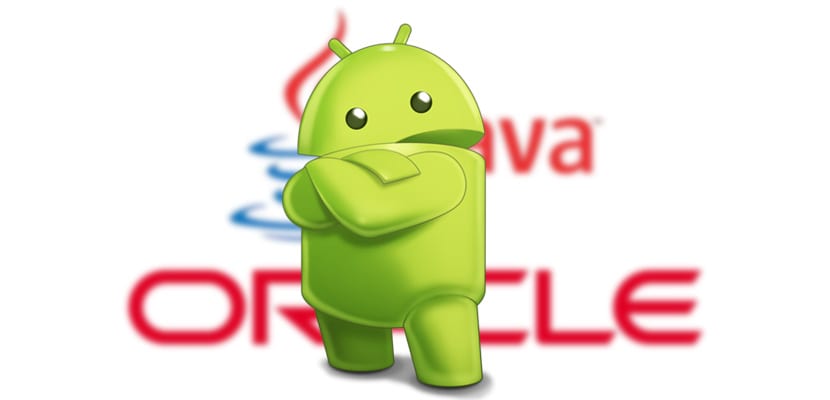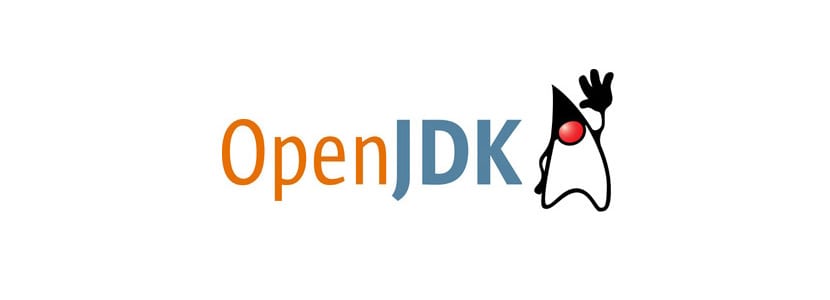
The diverse scheme of software today in which an operating system for mobile devices has to be immersed is quite complicated and in which it is have to deal with copyright and copyright in order to have certain features, codes and tools to bring the best user experience to a customer who has bought a tablet, wearable or smartphone. We already know how various technology companies that enter into lawsuits every two by three for the use of certain drivers or APIs bring them. A constant struggle in which the losers are usually the users while the companies try to overcome this type of handicaps as best they can.
It is this very thing that Google is in to get around that copyright lawsuit from Oracle regarding the use of the Java API. Either for this reason or what would be a secret agreement between the two, Google has had to reach the decision that means that, from Android N, the platform for mobile devices will be withdrawing its dependence on Java from Oracle in favor of the implementation of the open source OpenJDK. The reason given by Google is to decide completely on open source software, although the real reason has to do more with legal contingencies rather than intentions more in line with what Android has always intended to be free software.
Moving on from Java
Oracle acquired Sun Microsystems, original owners of the Java programming language and its code libraries, in 2010 and since then it has found itself in a constant struggle with Google for Android. Oracle's complaint is that Android uses its Java API without permission. The APIs or programming interfaces of the application are like the vocabularies of programming languages, allowing developers to access all the functionality without having to go through writing code. Google maintains that these APIs cannot be copyrighted, which has led to a great debate that has divided the technology industry in various fields.

To this day, this problem has not been legally resolved. Although yes, a jury sided with Google's vision in 2012, although a federal court reversed the decision saying that APIs can be copyrighted without any problem. Last June, the Supreme Court refused to return to the case again, which sent it back to lower courts.
How this new change will affect developers
As the case is still active, Google is in great silence at this very point. In what it is taking a new change of course is to recover the open source nature of Android, which encourages you to use open source libraries. This silent change has been discovered thanks to a new addition in the source code that has now been confirmed by Google to be the case for future versions of Android.

For end users, there should be no noticeable changes. Is for developers where you will actually see some differences, since they will not have to choose between the two APIs as they only have OpenJDK and what it would be like to work with a simplified code. For Google, this opens the door to have a greater influence on how the open source implementation is developed, especially in new ways that can improve Android.
In short, it is a good strategic move by Google to get rid of those constant complaints from Oracle. So now we have to know more details of that implementation that will begin in the new major version of Android, which this coming year will be the initial N.
